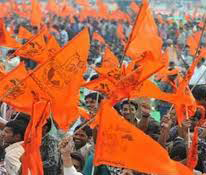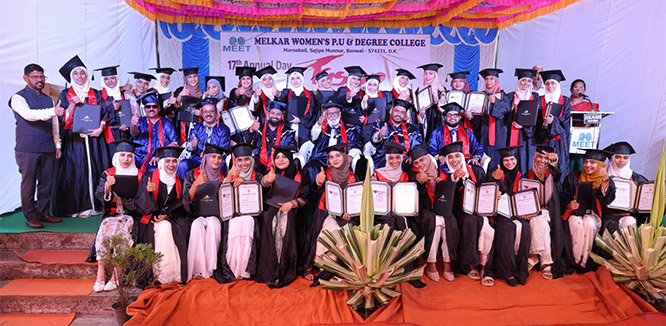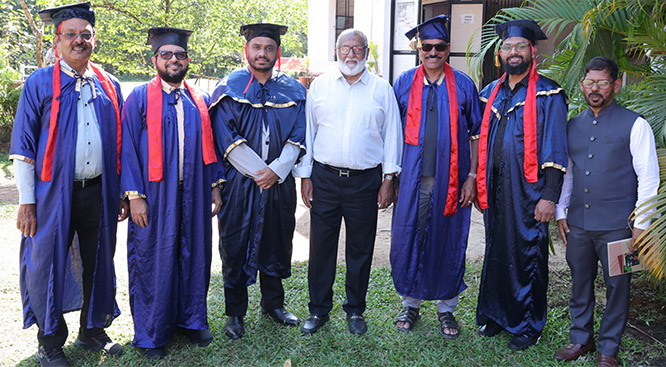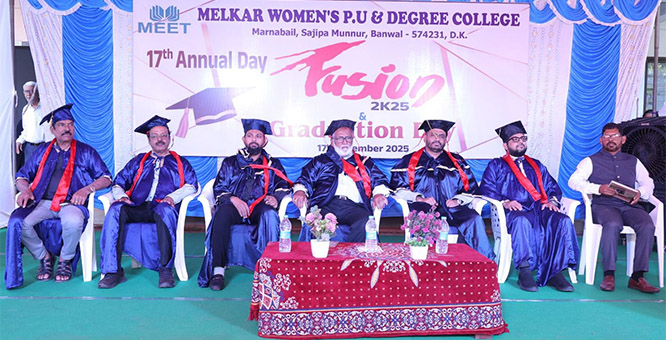Mangaluru, Oct 7: As many as five Sangh Parivar activists have been arrested by police for chasing a group of university students and assaulting one among them after they found out the presence of a Muslim boy and Hindu girls among the group of students.

The incident took place on Tuesday, when a group of postgraduate students from Mangalore University had been to Mogaveera Patna beech for outing.
Before coming to beach the group of students comprising of boys and girls hailing from different backgrounds had also visited Ullal Dargah and Someshwar beech.
When the students were playing in the beech and clicking selfies, a few local Snagh Parivar activists realised that one among the male student was Saifullah, a Muslim boy from Puttur.
Within a few minutes vigilantes started gathering. Frightened over the suspicious behaviour of the local residents, the students left the beach boarded a bus and alighted in Thokkottu to catch another bus.
However, a group of rowdies from Mogaveerapatna followed the bus in an auto-rickshaw and managed to catch one of the male students, identified as Ramesh, a native of Ballari.
However, the target of the rowdies was the Muslim student, who managed to escape. They forced Ramesh into their auto-rickshaw and took him to the university and asked him show Saifullah’s class room and hostel room. When Ramesh refused to show them Saifullah’s room, they started beating him on the campus.
Meanwhile, a few students on the campus informed the jurisdictional Konaje police about the intruders. The police rushed the spot and arrested five of the rowdies. A case was also registered.








Comments
Add new comment